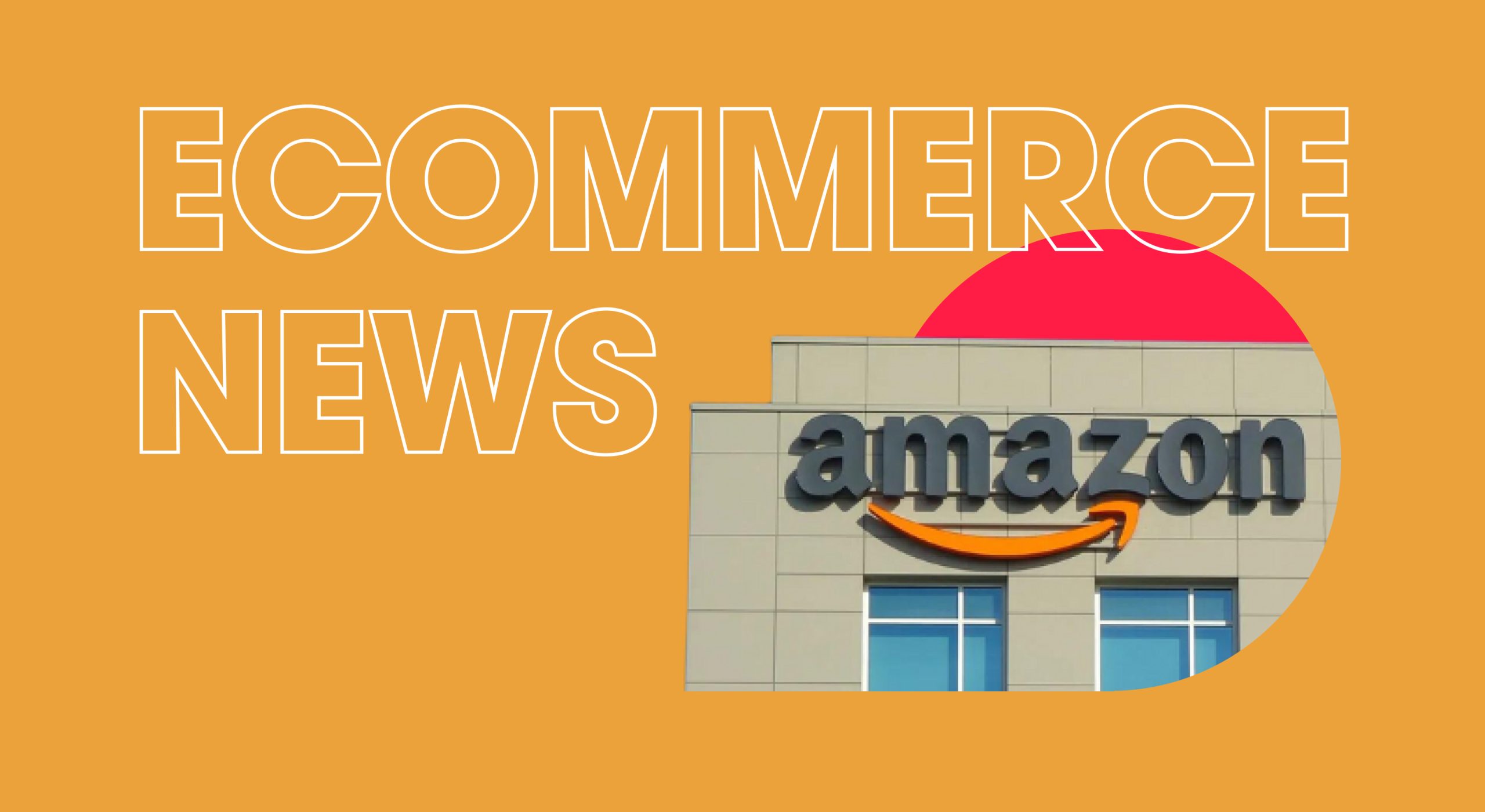BIG IDEA
From owning 30 private label brands, now down to 27. The Verge revealed that they’re cutting labels, except for Amazon Essentials, Amazon Collection, and Amazon Aware.
✂️ Cutting costs … or loose ends?
Amazon said that the scale-down is part of their cost-cutting measures. Matt Taddy, Vice President of Amazon Private Brands, added they also want to stop selling products that don't resonate with customers.
But they might be doing this due to a possible antitrust lawsuit.
In 2020, Amazon was accused of using third-party seller information to overtake its rivals. The company already reduced its in-house offering last year to relieve pressure from the Federal Trade Commission (FTC). And last week, the retailer met with the agency for a "last rites meeting."
What happens next?
There's no progress report yet on the lawsuit's status. But Amazon has faced and survived big lawsuits, so it can probably do it again.
As for the brand drops, some furniture lines like Rivet and Stone & Beam will also be phased out. Amazon will continue selling products from discontinued brands until supplies last. 🛒

HOT TOPIC
Mobile shoppers can now view AI-generated review summaries
Last June, Amazon started using AI to summarize product reviews. Two months later, The Verge reports that the ecommerce giant has rolled out the feature on the platform.
🔎 From thousands to 1
AI-generated review summaries are now available to some U.S. customers who use the mobile app for shopping. The one-paragraph summaries appear at the top of the review section, so buyers won't need to sift thousands of comments.
The summaries cover various products like TVs, headphones, tablets, and fitness trackers. They also use simple language and quirky words for easy understanding.
But those who've already seen them think the feature lacks consistency. For instance, some variations under a supported product type don't have a review summary. The roundups also focus on the positives without disclosing product issues.
Are the summaries reliable?
Yes.
That's what Amazon says, as it pledges to verify the reviews. The company also assures that only people who bought the product can add to the summaries.
📈 If they are indeed reliable, this new feature can boost your product's strength and credibility. After all, it doesn't lie about the flaws—just puts them in the back to help customers simplify their buying decisions.

BITES OF THE WEEK
- Remember when Etsy launched its wedding gift registry in 2012? Well, the retailer’s duplicating this move, only now they’re new gift and baby gift registries. - EcommerceBytes
- Ecommerce is about selling anything of value. With the right sales and marketing tactics, you can even sell vintage items for good money on platforms like eBay. - MakeUseOf
- Temu may have been under scrutiny for questionable practices, but it didn’t dim its practical ways of making money. Looks like the retailer can convert even $10 smartwatches into a cash cow. - CNBC
- Managing a business isn’t just about making profit. You also have to create an environment where your employees want to work and serve customers. - Shopify
- For the first time in 6 years, Target reported sales loss in its quarterly revenue report. Consumers have been cutting non-essential purchases, which can further sink the retail giant. - Reuters

BLACK MARKET
Amazon vs. two fake review broker networks
Amazon has been proactively battling the fake review broker industry for a while now. In its recent attempt to prevent this illicit practice, the company sued two fake review broker operators, PMNLWeb and ProAmazonService.
⚖️ Legal antidote
Here's how the fraudsters poison customers' and sellers' trust, as detailed in the lawsuits:
- Amazon v. PMNLWeb: Fake reviewers are instructed to select products from PMNLWeb's website and buy them on Amazon. They can get their money back once they leave a positive product review.
- Amazon v. ProAmazonService: The operators of this network sell fake "Amazon Customer Verified" reviews to black-hat Amazon sellers. The sellers then manipulate the reviews to deceive buyers. The service fee starts at $7.99.
Again—no place for fraud on Amazon
The retailer has been investing in smart technology to keep its site safe. In 2022, it blocked more than 200 million fake reviews. By July 2023, the company had taken 120 fake review brokers in the U.S., China, and Europe to court.
🤝 But fake reviews remain a problem around the world. Ecommerce platforms need all hands on deck—including yours—to keep the online shopping environment safe and trustworthy.

SELLER REFRESHER
Find and connect to your target audience in 3 easy ways
Successful marketing campaigns have 3 common denominators: right message, right time, and right people. The first two depend on the last one, so you’d have to find your target audience first.
But how do you exactly know more about them?
Search Engine Journal shared 3 simple ways you can do to find and connect to your target audience:
- Use surveys. Most online survey platforms are free and can quickly analyze results. Some of the information you can collect includes:
- Demographics: Age, gender, location, etc.
- Access analytics: Search data or SEO insights.
- Social media analytics: Job titles, relationship status, habits, etc.
- Segment your audience. After you collect customer data, you can divide them based on specific characteristics. For example, you can group them based on generation (baby boomers, millennials, and Gen Zs).
- Engage using their preferred channels and content. Keep the groupings you made in mind when crafting your content and campaigns. Almost everyone accesses social media, so you can try social media advertising to reach as many audiences as possible.
⬆️ The last denominator: Right direction
Knowing and engaging with your target audience isn’t enough. You should know where their needs and wants point and steer your brand in that direction.
The key: keep a lookout for any changes in buying behaviors and market trends.








